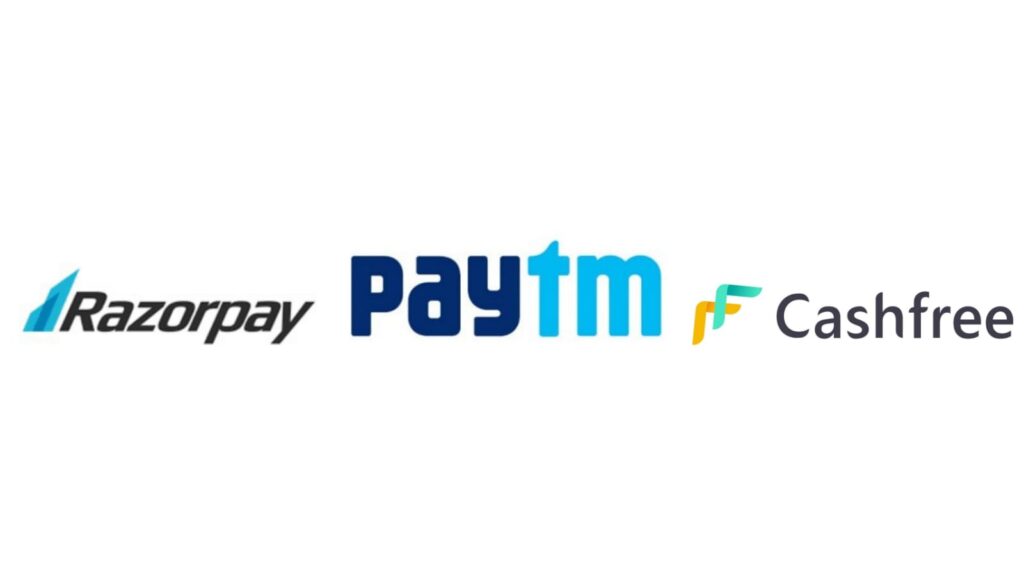The ED is looking into allegations that a case involving non-banking financial companies (NBFCs) and their fintech partners violated RBI standards by using predatory lending methods.

New Delhi: The Enforcement Directorate conducted a raid on PayTM, Razorpay, and Cashfree locations on Saturday. These payment gateways are suspected of facilitating transactions on lending apps that are illegally operated by Chinese-owned businesses. Some of these businesses allegedly engage in unlawful betting.
The ED is looking into allegations that a case involving non-banking financial companies (NBFCs) and their fintech partners violated RBI standards by using predatory lending methods. The agency also asserts that many of these businesses shut down following the start of the investigation and shifted a sizable sum of money through fintech businesses to purchase bitcoin assets, which were subsequently laundered overseas. In connection with a recent search of WazirX, a well-known cryptocurrency exchange, it frozen Rs 64 crore in its accounts.
Additionally, according to the regulator, these NBFCs hired telemarketers to abuse the borrowers’ personal information and charge them with excessive interest rates.
An estimated Rs 47 crore that belonged to a Chinese company that was reportedly operating lending and betting apps in India illegally was frozen by the agency in August 2020. 15 locations in Delhi, Gurgaon, Mumbai, and Pune that were connected to the company, its directors, and its chartered accountants were also searched by the agency.
The agency then alleged that “lax due diligence” and “non-reporting of suspicious transactions” by online payment gateways including PayTM, Razorpay, and Cashfree allowed this betting ring to flourish. It is possible that the gateways’ inadequate oversight allowed hawala transactions as well.
Alibaba, a Chinese firm, has invested a sizable amount in PayTM.
Several Chinese nationals, with the aid of Indian chartered accountants and Indian directors, created numerous Indian firms, according to the agency. The directorship is said to have been taken up afterwards by Chinese nationals who travelled to India.
“Some locals were employed and utilised to open trading accounts with online wallets like PayTM, Cashfree, Razorpay, and HSBC Bank. The lack of reporting of suspicious transactions to the regulatory authorities by these online wallets, which had insufficient due diligence procedures, allowed the accused companies to expand across India, according to a statement from the ED.
The agency claims that when bank accounts were formed, the Indian staff couriered their login information to China and key payment instructions originated from there.
